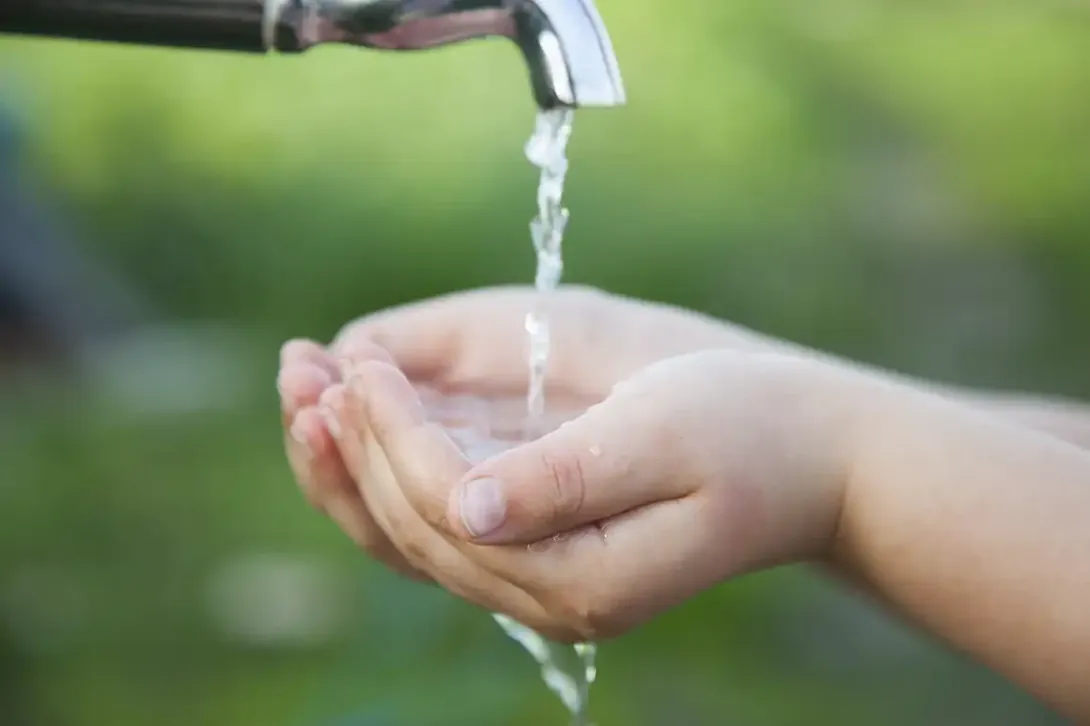
Tips for saving water with the arrival of hot weather
The forecasts involving severe drought episodes in Spain are not good. How can we save water while still meeting our needs?
The Government-commissioned posters in Catalonia dramatically announce: "Water does not fall from the sky". A sad and desperate reality that must be faced with haste and responsibility. Saving water is no longer an option, but rather an urgent necessity.
The most recent predictions made by the Spanish Ministry of Ecological Transition, in March 2024, describe a very serious scenario, especially on the Mediterranean coast of the Iberian Peninsula. The situation in the inland basins of Catalonia, the Andalusian Mediterranean basins, the basin and mouth of the Júcar River, in Castellón and Valencia, as well as the Segura River, in Murcia, and large parts of the course of the Ebro are at alarmingly critical levels, with reservoirs at or below 13% of their capacity.
Debates between individual and collective responsibility, and tensions between long- and short-termism must be set aside in favour of resolving this critical situation. Saving water resources must be tackled urgently, quickly and effectively.
Reducing water use at home
In recent months, there has been no shortage of guides and recommendations for individual savings, sponsored by foundations, private companies and other institutions. Most of the recommendations are aimed at a more efficient use of water in the daily tasks we carry out at home.
In general, these are minor behaviours that lead to major changes, such as taking showers instead of baths to save up to 50%, not leaving taps running when washing dishes or running washing machines and dishwashers only when full and, if possible, with specific resource-saving programmes. All these measures can add up to major savings.
One trick that can be useful is placing bottles in the toilet water tank to reduce its capacity and save water every time the toilet is flushed. If, in addition, we avoid using the toilet as a wastepaper basket, saving it for its essential purpose, then that would be much better.
Can individual changes replace general efforts?
As with other climate change-related challenges, individual behaviour alone will not help much if there isn’t also a general plan involving businesses and public institutions.
The areas most affected by droughts are precisely those where tourism happens to be the foremost economic activity. We must therefore take a long-term perspective when examining the social and ecological consequences that excessive tourism can have on our environment.
Promoting more responsible forms of tourism and encouraging all companies in the industry to comply with an energy and water efficiency plan is not an option, but a priority. Individual initiatives are fine, but they won’t be of much use without a responsible general perspective.




